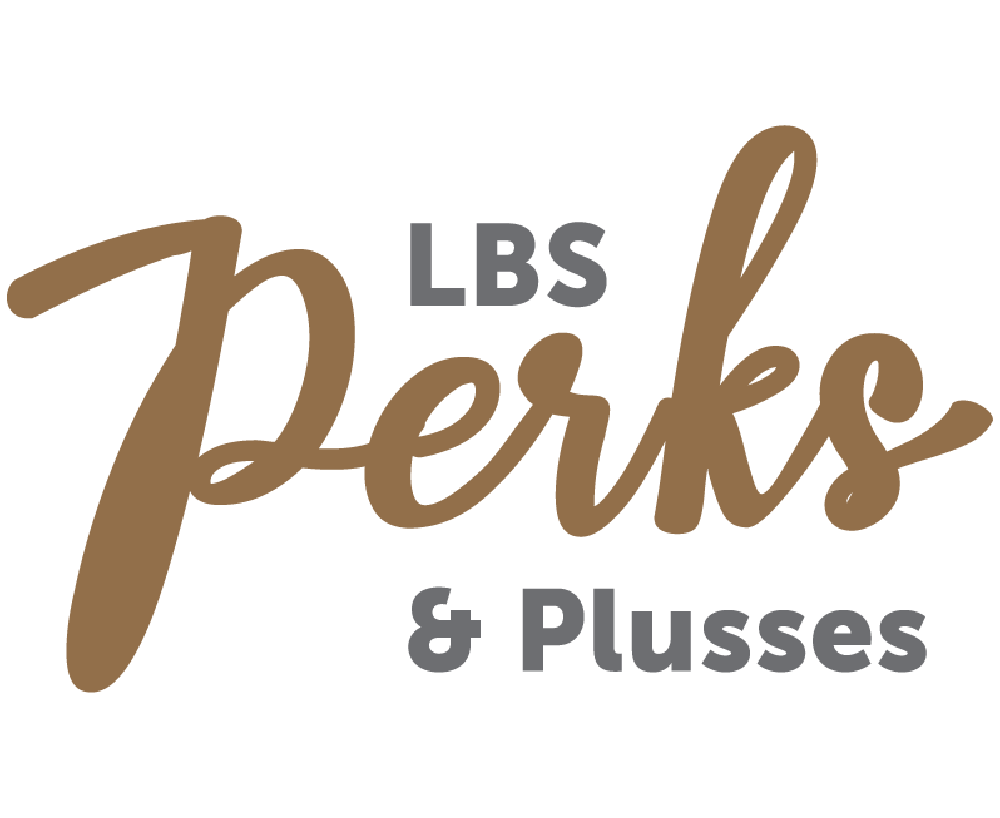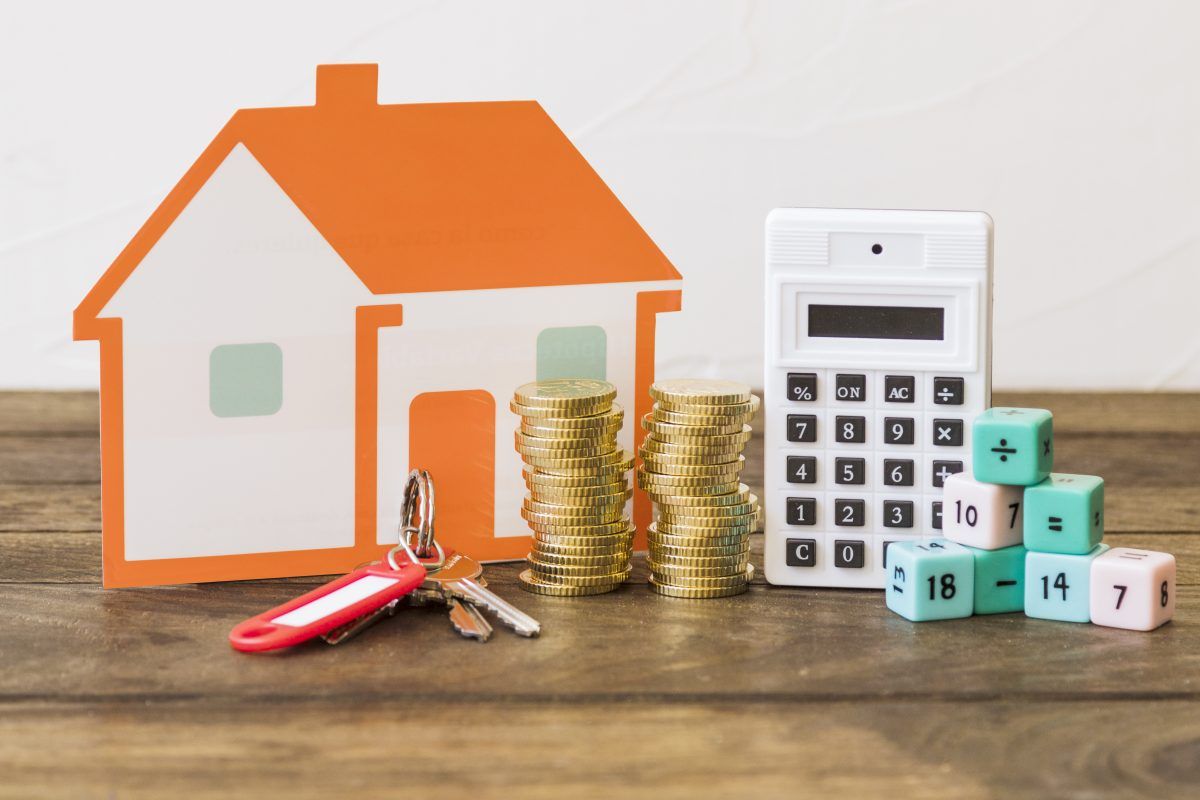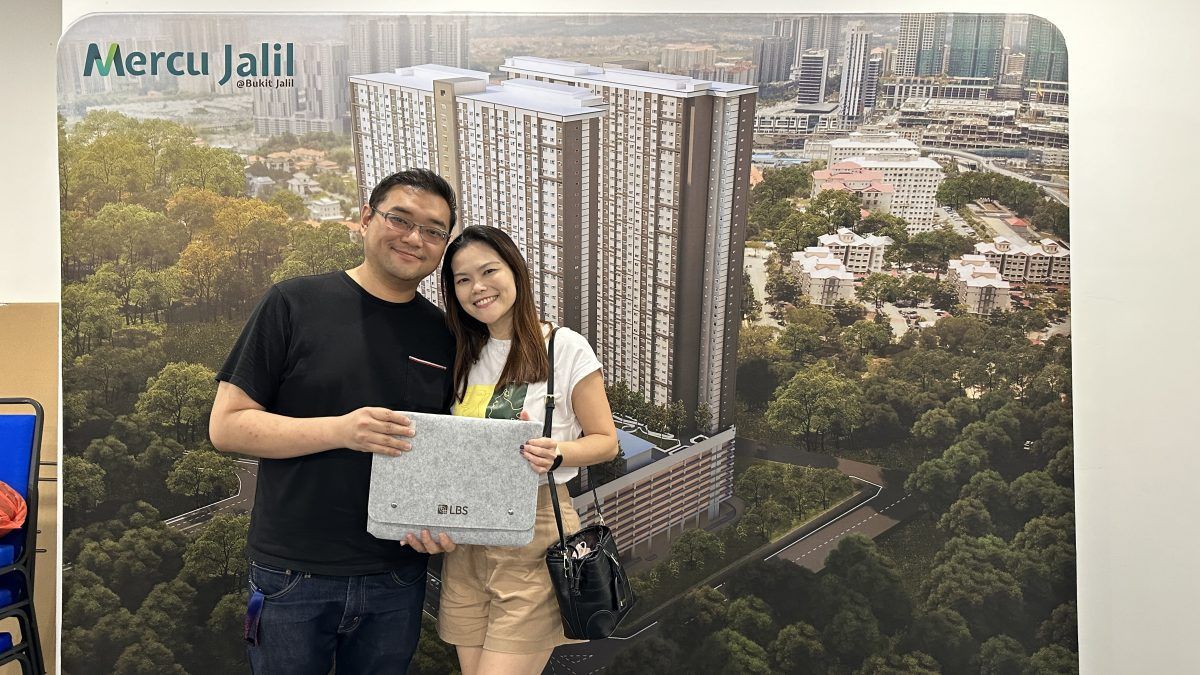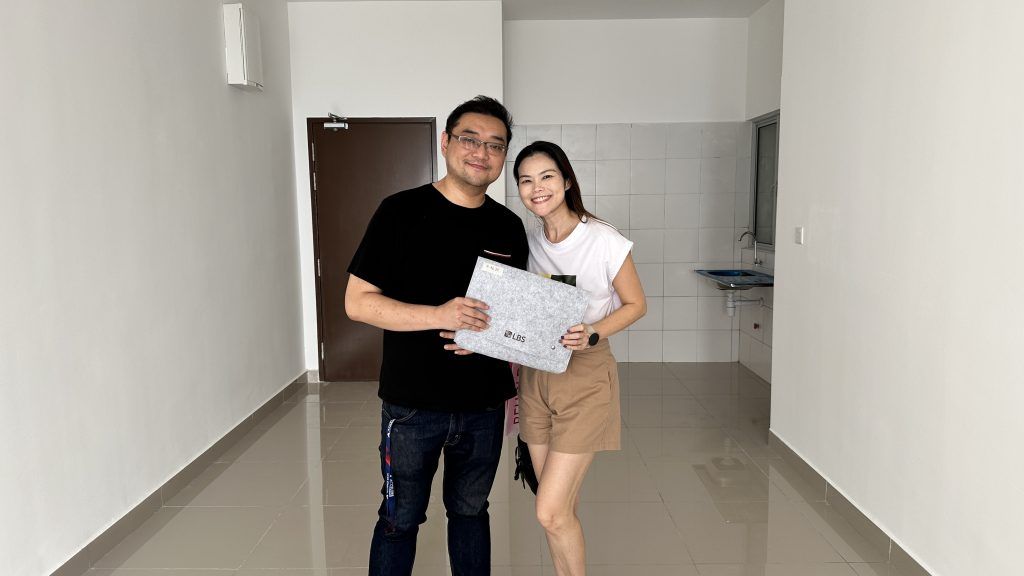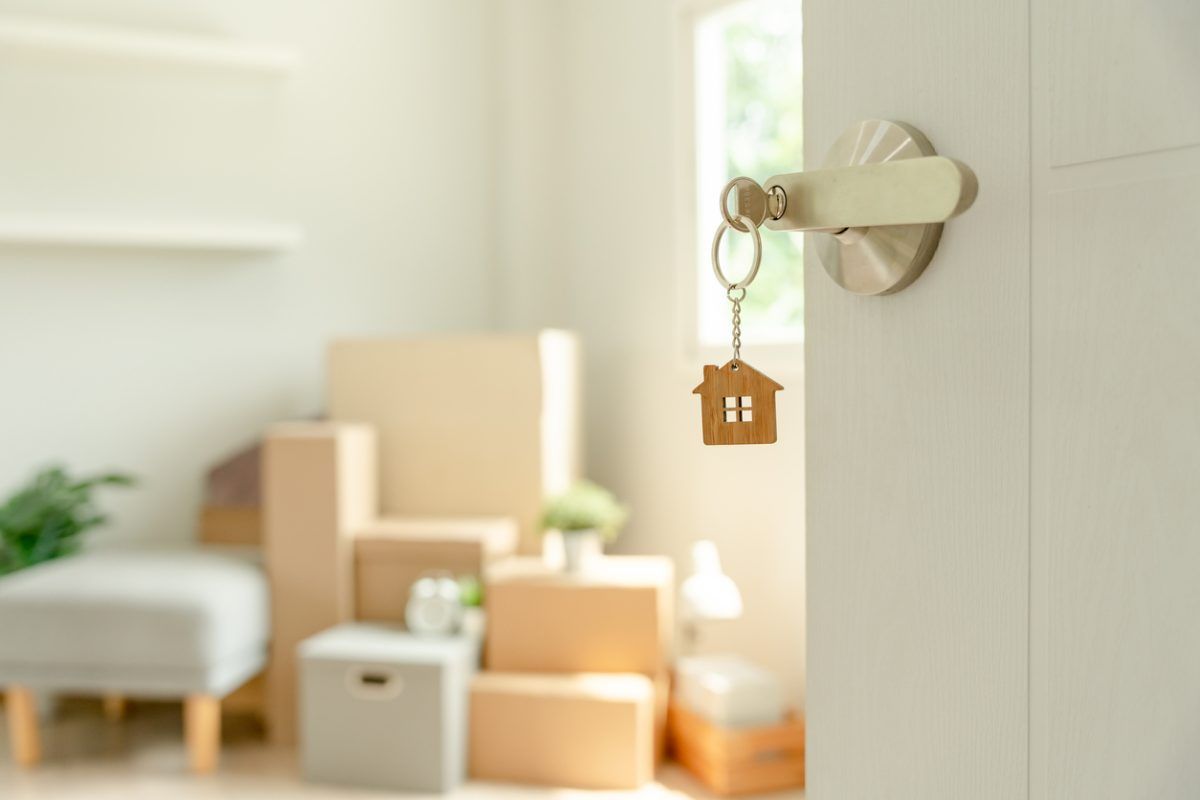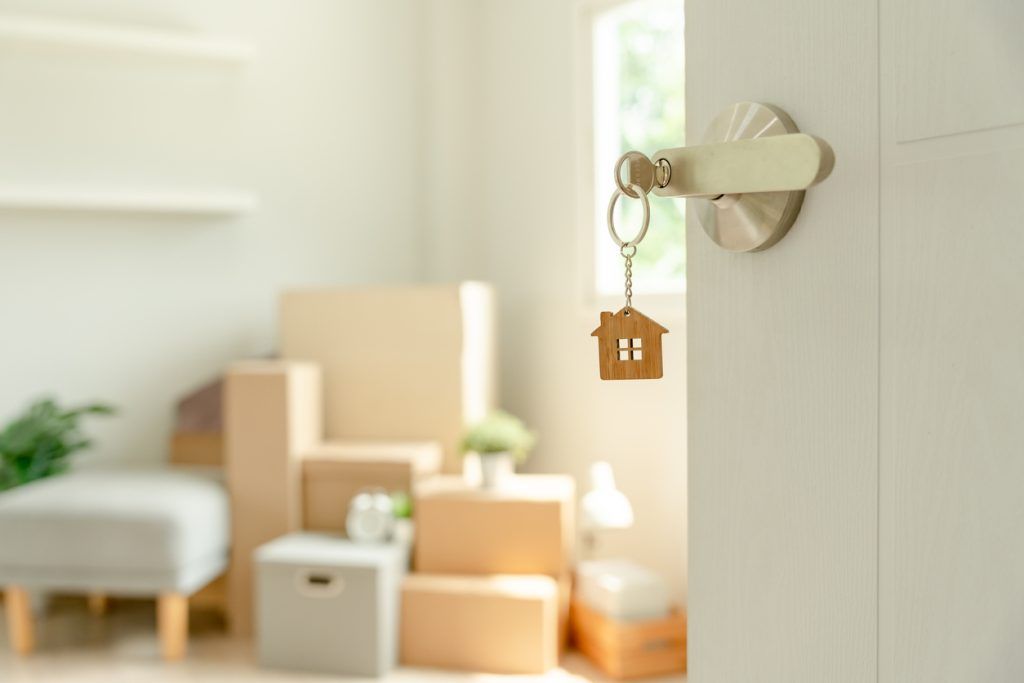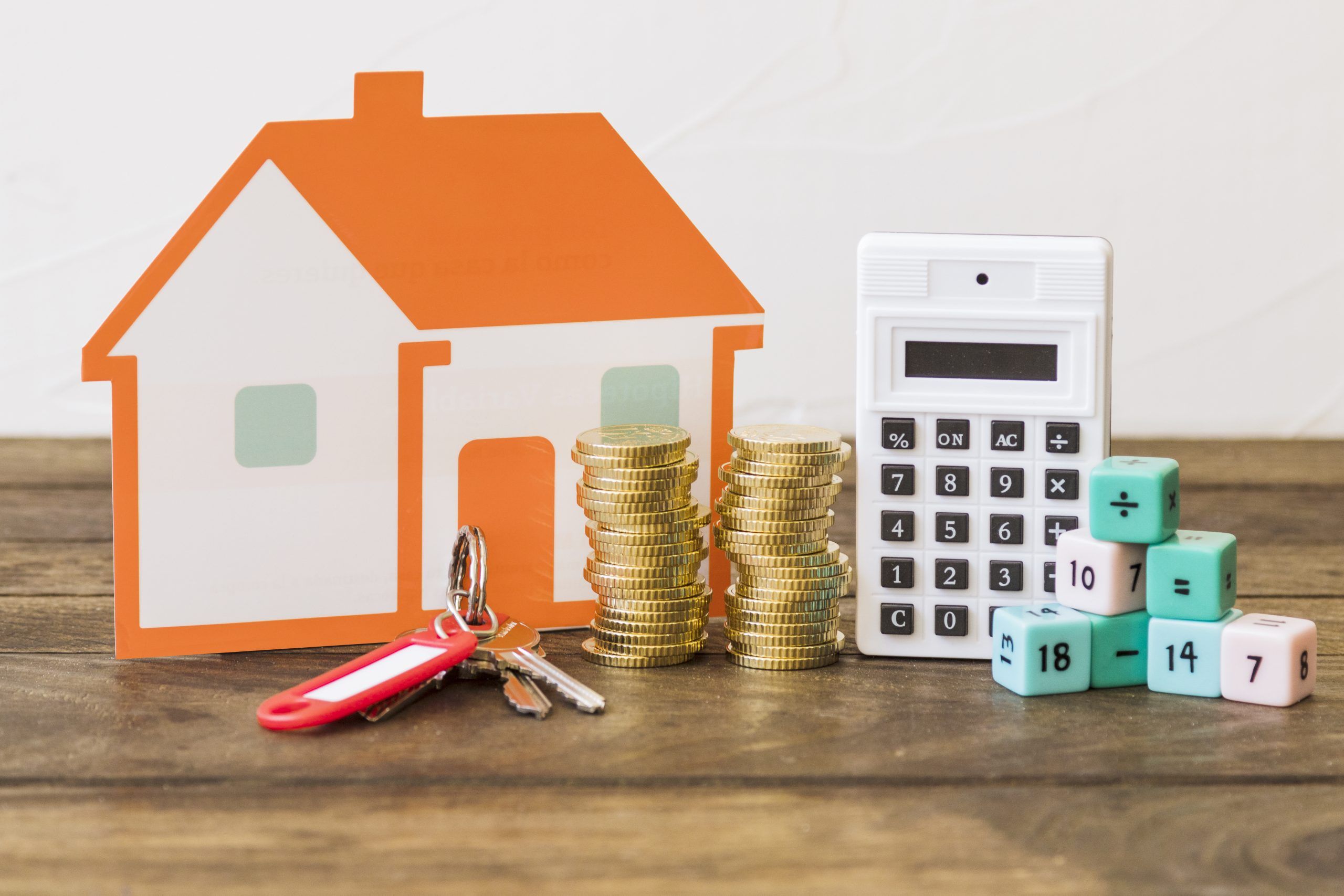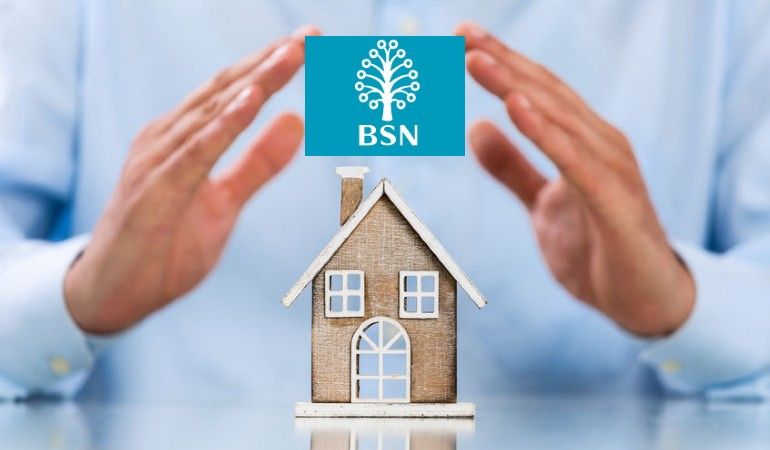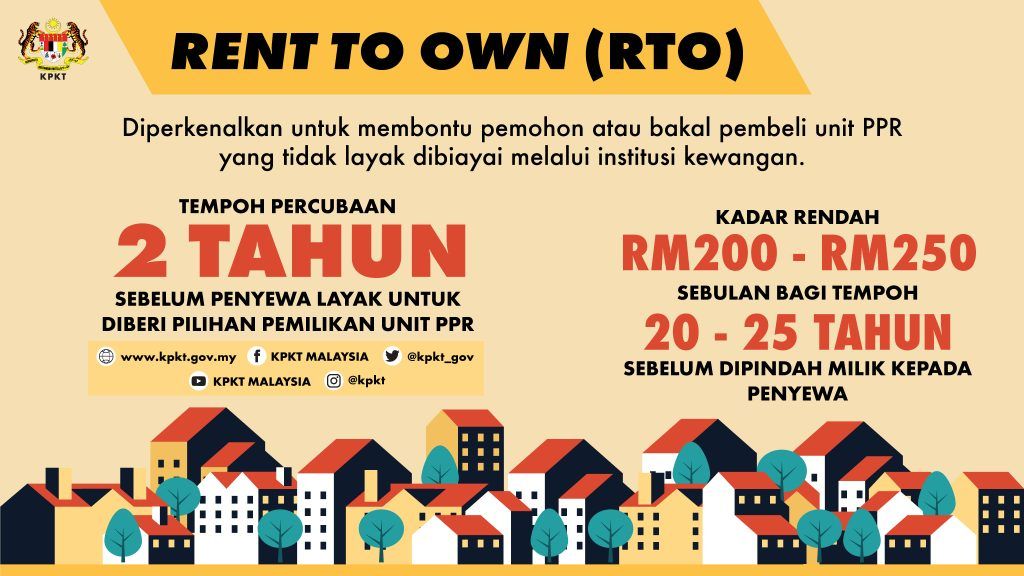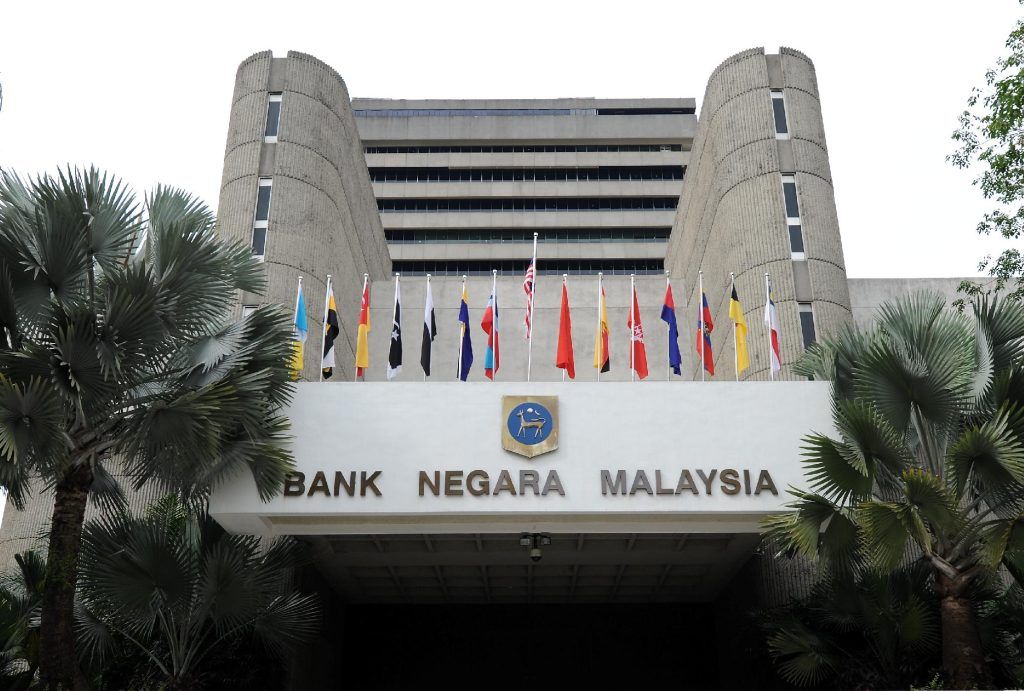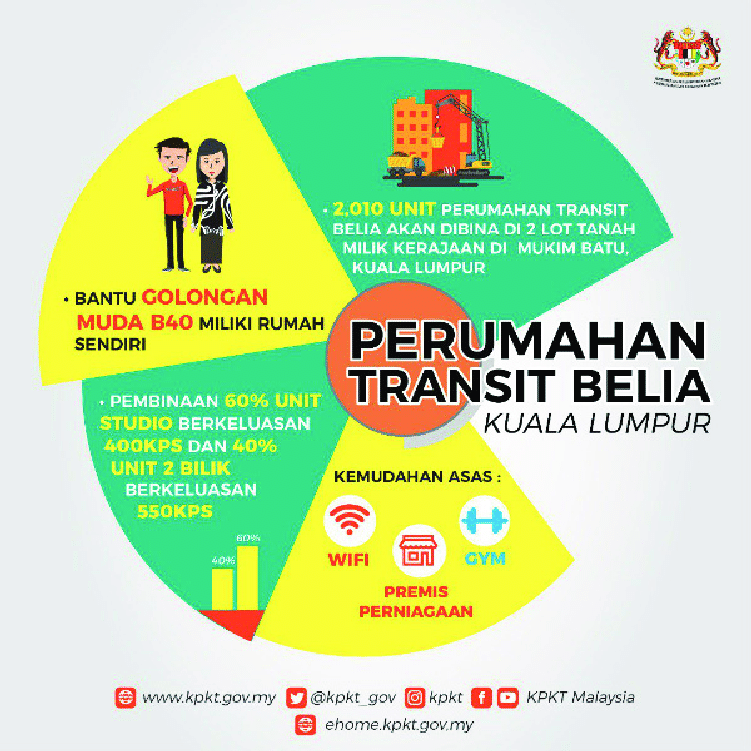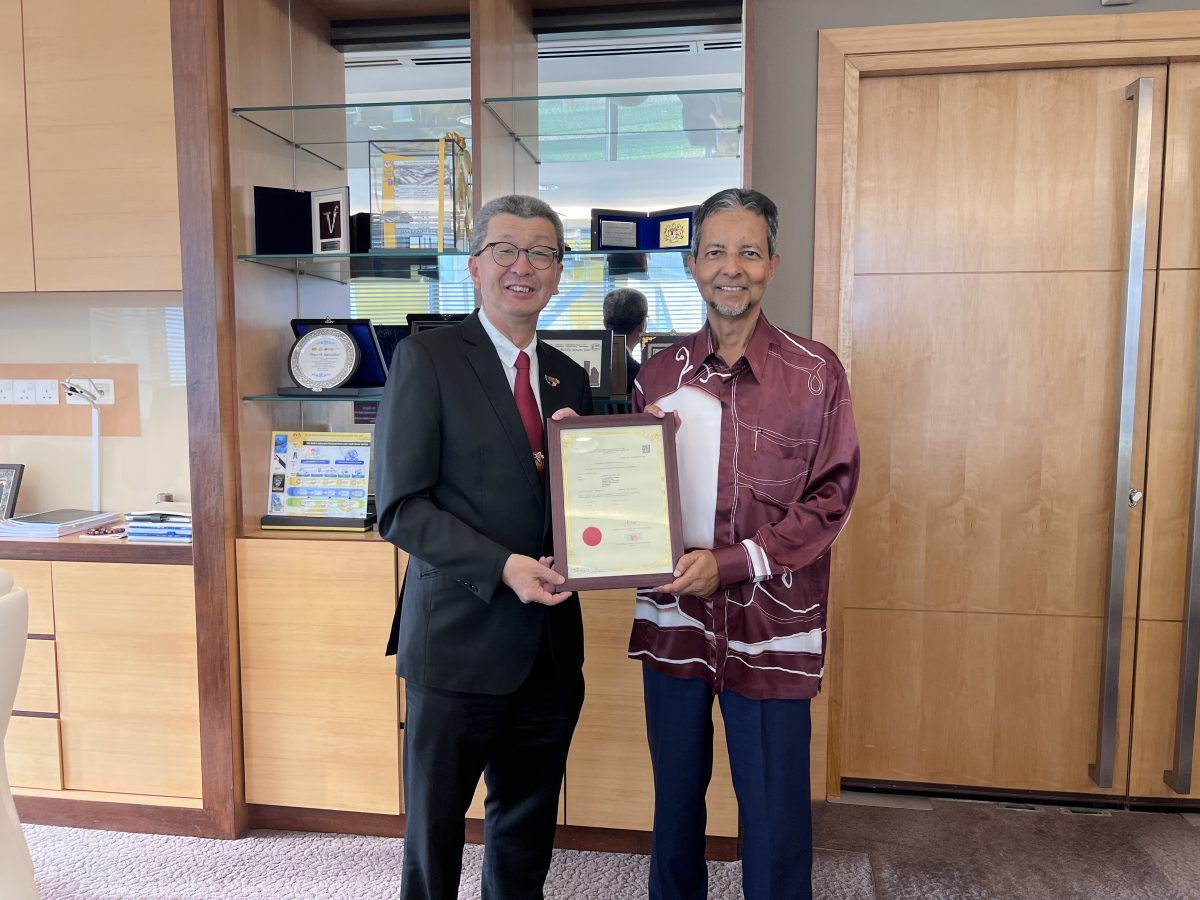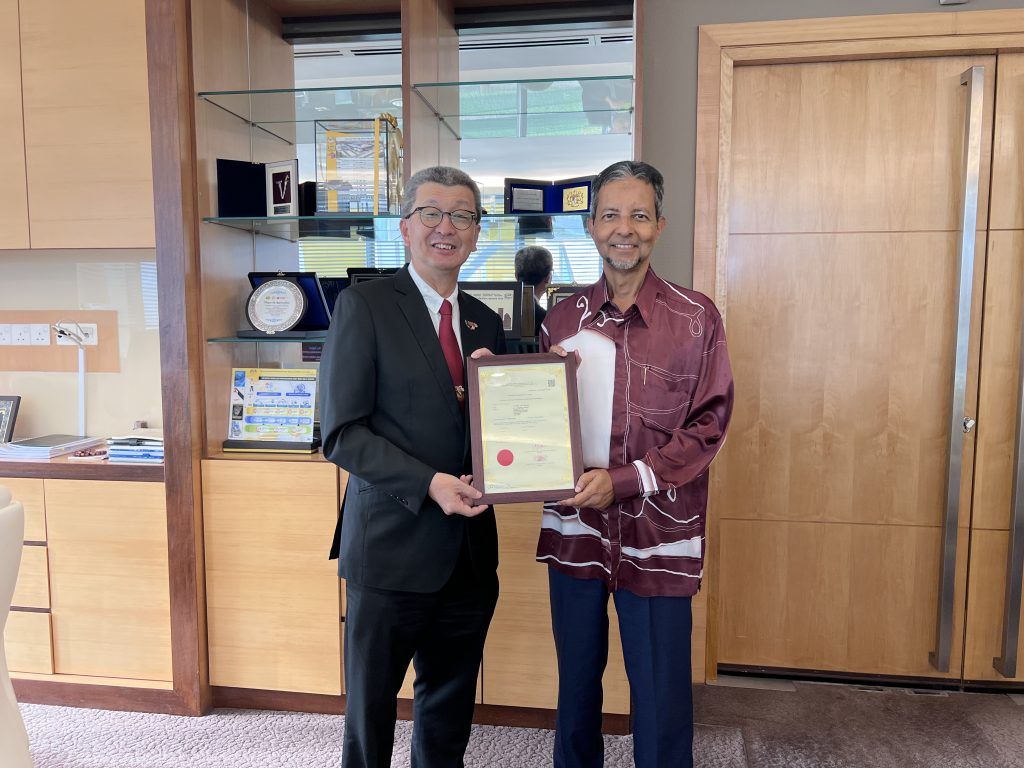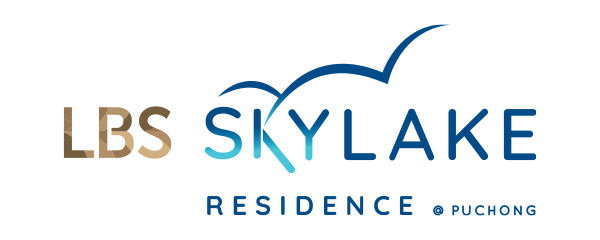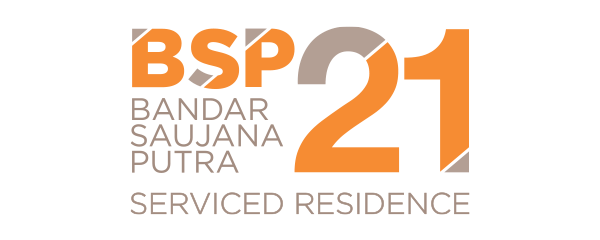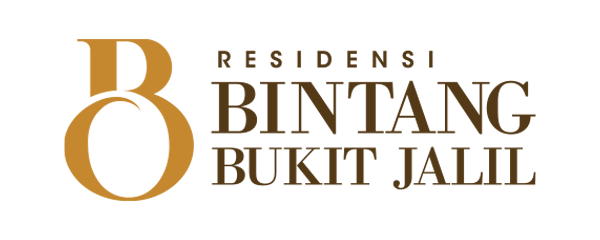Getting a Housing Loan in Malaysia as a First-Timer? Here’s a Guide for You
Buying your first home is exciting! However, the process of securing a housing loan can be nerve-racking. More and more Malaysians are experiencing challenges in securing housing loans, which makes the process all the more daunting.
However, the best way to tackle this issue is to learn about the options available to you and make an informed decision that best suits your financial situation. Here’s what you need to know about the housing loans available in Malaysia:
Understanding the Basics of a Housing Loan and Its Interest Rates in Malaysia
Housing loans are funds borrowed from a financial institution to help you cover the cost of purchasing a home. Borrowers then repay these funds over a certain period, with interest.
There are typically two types of housing loan interest rates, namely fixed rates and variable rates. For fixed rate loans, the interest rate remains the same throughout the loan period.
For variable rate housing loans in Malaysia, on the other hand, the interest rate varies depending on the Base Rate (BR). A decrease in the Overnight Policy Rate (OPR) set by Bank Negara Malaysia can lead to lower variable housing loan rates and vice versa.

Types of Housing Loans Available for Homebuyers in Malaysia
Banks offer various types of housing loans to cater to the diverse financial needs and preferences of borrowers, including:
Basic Term Loan
With basic term loans, you pay a fixed monthly installment throughout the loan period. This makes it easy for you to plan your finances as there are no changes to the monthly installments.
However, this type of loan lacks flexibility as you cannot make additional payments to reduce the loan principal and interest. In fact, banks often charge a penalty if you want to settle the loan early.
Semi-Flexi Loans
Semi-flexi loans are the most common type of housing loan offered by banks in Malaysia. They offer more flexibility than basic term loans. You can make additional payments to reduce the loan principal and interest whenever you have extra money.
You can also withdraw these additional payments if you are strapped for cash. However, withdrawals may be subject to the bank’s approval and processing fees.
Also, the interest rate for semi-flexi loans may be higher than basic term loans, but you can try to shop around for the best rate.
Full-Flexi Loans
As the name suggests, flexi-loans are incredibly flexible. Just like semi-flexi loans, you can make additional payments to reduce the loan principal and interest at any time. These additional funds can be easily withdrawn without any hassle when you are in a pinch.
However, flexi-loans often incur a small monthly maintenance fee, which is an additional cost to you. Also, the interest rates for these loans are typically higher than basic term loans. Do take note that flexi-loans are not offered by many banks in Malaysia.
Islamic Loans
Unlike the conventional loans listed above, Islamic loans based on Shariah principles do not charge interest. Instead, Islamic housing loans work on the basis of a partnership.
You and the bank jointly purchase and own the property, with the bank having a higher ownership holding. You then pay the bank in installments until you acquire full ownership, almost like a rent-to-own concept. The bank earns a profit by selling its share of the property to you at a higher price than it originally paid.
You don’t have to be a Muslim to apply for Islamic housing loans; it is open to all Malaysians.
Government Housing Loans
Lembaga Pembiayaan Perumahan Sektor Awam (LPPSA) offers this special loan for civil servants. With government housing loans, you can opt for a longer loan tenure (up to 90 years of age) to reduce your monthly installments and enjoy a fixed interest rate of 4%.
Refer to the LPPSA website to calculate your loan eligibility.
Factors to Consider Beyond Housing Loan Interest Rates for Your Dream House

While securing a housing loan is a pivotal step in the property buying process, several other crucial factors warrant careful consideration when selecting your dream home. Beyond the housing loan interest rates, aspects such as location, amenities, accessibility, and property size play pivotal roles in making an informed decision.
The location of your prospective home is not just about proximity to work; it also involves assessing the neighbourhood, nearby facilities, and the overall ambience. Accessibility is another critical factor to weigh. Consider the proximity to public transport, major highways, and essential services.
Property size is a personal preference that aligns with your lifestyle and future plans. To assist your decision-making process, make a comprehensive list of what you are looking for in a home. This list will serve as a valuable guide, allowing you to prioritize your preferences and find a property that not only fits your financial goals but also aligns with your lifestyle and aspirations.
Progressing Toward Your Ideal Property in Malaysia with a Housing Loan
Securing an advantageous loan to purchase a quality property is every homebuyer’s dream. Having a clear idea of what you want in a home and shopping around for the best rates will help you turn this dream into a reality.
LBS Bina offers a diverse selection of residential properties throughout Malaysia, catering to buyers searching for their dream home. One notable project is KITA @ Cybersouth by LBS Bina, featuring a range of options such as KITA Mekar – Double Storey Terrace House, KITA Bestari – Townhouse, and KITA Sejati – Serviced Apartment.
Check out LBS Bina’s website to learn more.

